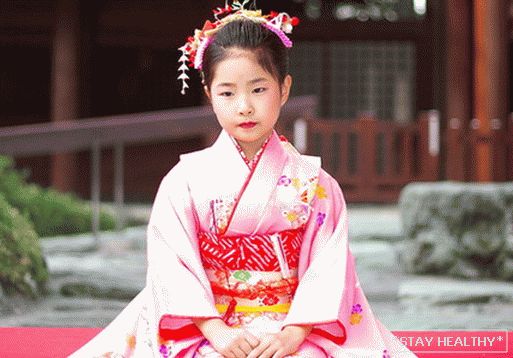 Wed, Jun 24, 2015
Wed, Jun 24, 2015
Japan – the mysterious country of the East, whose colorful culture
has long attracted Westerners, and in recent decades and
altogether at the peak of popularity.
We easily decorate the interiors of our rooms in a traditional
Japanese style, trying to learn the secrets of beauty and sexual
the attractiveness of geisha and cooking with your sweetheart exotic
sushi, and our children are enthusiastically watching anime and reading manga. But one
one of the most extraordinary and important for the Japanese themselves
Japanese culture often goes unnoticed by us. This is about
traditional japanese upbringing.
Contents
God slave friend
The attitude of Japanese moms and dads to their children in the first place
based on the deep traditions of the ancestors that the Japanese build in
rank of unquestionable authority. The specifics of the Japanese education
is that the attitude to the child changes depending
from his age.
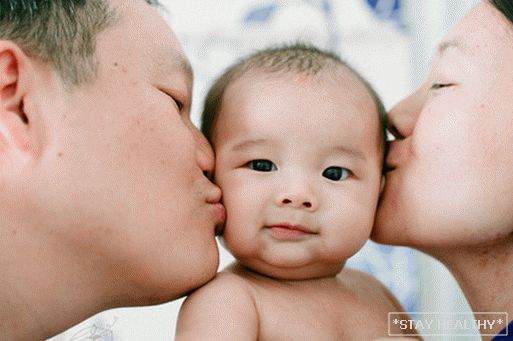
Up to 5 years, the child in the family is assigned almost the main role. Is he –
the little “god” to whom everything is permitted and whose whims are necessary
perform. Up to 5 years, children are not punished for any pranks. They all
easy to get away with. Japanese moms do not tend to raise their voices
on a child, let alone subject him to physical punishment.
Simply, the Japanese believe that the demand from a small child does not have
meaning, but when he becomes a little older, you can already
seriously engage in becoming him as law abiding
personality.
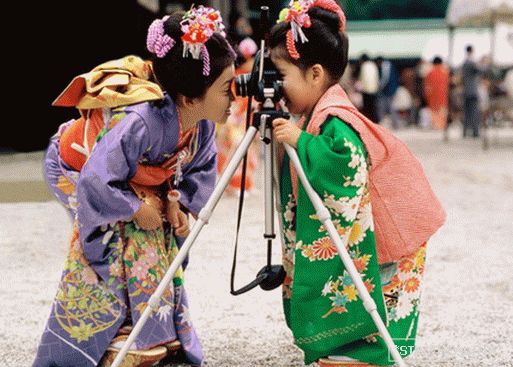
From the age of 5, an adorable deity in the face of a child
turns into a “slave” whose obedience is paramount. And now with
15 years, he becomes a full-fledged adult, clearly aware that
what’s possible and what’s not and how to build your life
relationship with others. With an adult child, parents are already
communicate as with the best friend. Here in this extraordinary approach and
is the main paradox of the Japanese method of education, with
which a grown-up child grows out of a spoiled child, well
knowing what discipline and responsibility are.
Happy family – happy baby
In a traditional Japanese family, as a rule, not more than 2 children.
The older child gets more responsibilities, but also a lot of rights.
Japanese mother dedicates the entire first year since the birth of the baby
exclusively to him, and all the bruises and problems with the child –
solely her responsibility. In Japan, it is not accepted to give
kindergarten children from an early age.
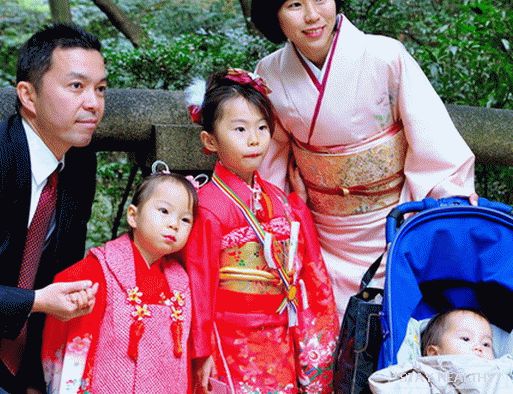
The first stage of development should take place at home.
That is why the main family support falls on the father’s shoulders,
whereas if the mother works, then no more than 3-4 hours a day.
A Japanese woman devotes all her free time to small children, and
spouse certainly devotes his offspring all weekend.
Little geisha and samurai
In modern Japanese education there are all the same roots when
from a little boy it was necessary to grow the present
a samurai warrior, and of a girl — an agreeable housekeeper
hearth. Times have changed, but the Japanese are still trying to grow
strong and responsible men who can become reliable
support for your family and real women capable of keeping fire
домашнего hearth.
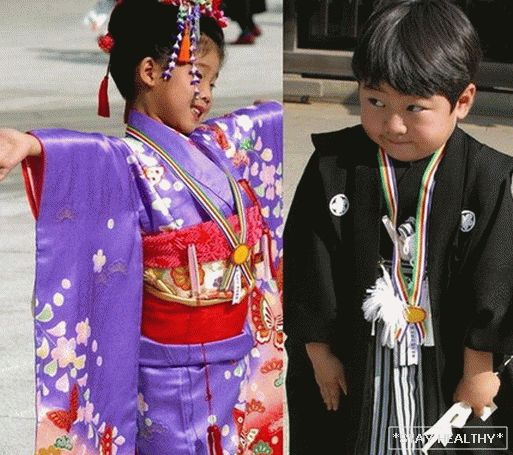
In particular, this difference in education becomes noticeable.
when schooling when boys are required after basic
classes to attend many additional circles, and girls in this
time can just enjoy the games with their girlfriends.
The boy must be ready to overcome any difficulties, but
girls from childhood are taught to take care of a man (brother, father,
sweetheart) and be ready to sacrifice much for him.
Kindergarten – University
Japan is one of the most technologically advanced countries.
This could not but be reflected in the upbringing of children. Parents
From an early age, they strive to develop the child’s thinking and also to identify
his creative inclinations and potential talents. And the emphasis on
This is done before the child reaches 3 years of age.
Young children better learn new knowledge, and the task of parents –
provide them with all the conditions for this.
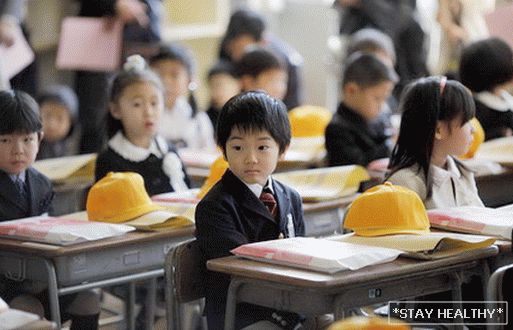
Kindergartens in Japan are often located at universities, and
opportunity to study in one institution from 3 to 15 years
considered elite. For the education of their children, the Japanese are willing to pay
any money, because a quality education in their understanding is a pledge
success of their offspring in the future. Pass in such elite kindergartens is not easy.
Children will certainly be tested, but enrollment is completely
solves the problem of their development and quality education.
Collective above individuality
Since up to 3 years, children in Japan are most often brought up at home,
then the main task of kindergarten teachers is to teach them to be
part of the team that for Japanese society has a particularly high
value. That is why the main focus in the development of children in
Japanese kindergartens are assigned to group classes: singing in a choir,
collective sports games, joint creative activities and
etc.
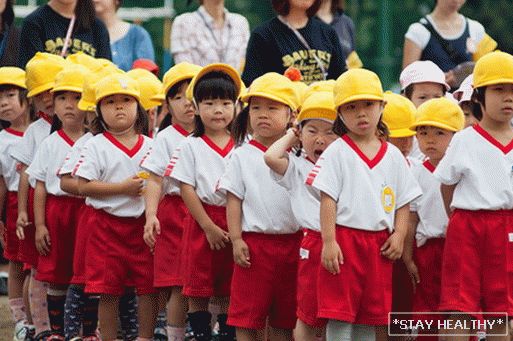
At the same time, it is not peculiar to the Japanese to single out in children’s groups
neither pets nor most capable students. Spirit of rivalry
they do not seek to develop here, since the main task is to teach
child to live the interests of the team. To nurture endurance and
mutual aid skills in children in kindergartens every month
organized collective hikes. To better find children
common language with others, in Japanese kindergartens and schools practiced
annual change of educator and the entire children’s team.
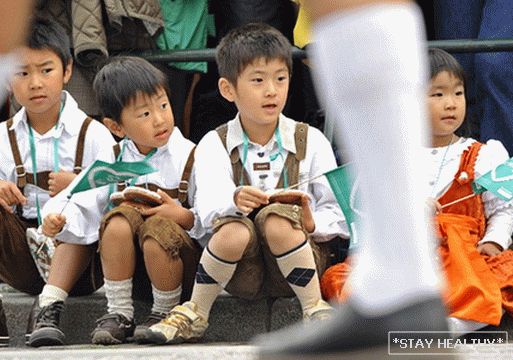
One of the most important tasks of Japanese educators is to teach children
appreciate the work and not stand out from the team. This allows
to cultivate hardworking workers, distinguished by politeness and
humility To some it may seem unnatural, but for
Japanese society is the norm, and perhaps it is
education allows residents of this country to experience the most terrible
cataclysms and catastrophes, remaining one of the most psychologically
resilient nations.
The relationship of parents and children in Japan has a number
specific features in which you can find both advantages and
minuses. But still you should pay attention to this particular technique.
education – maybe you will find something very valuable, useful
and relevant specifically for yourself and your child.






